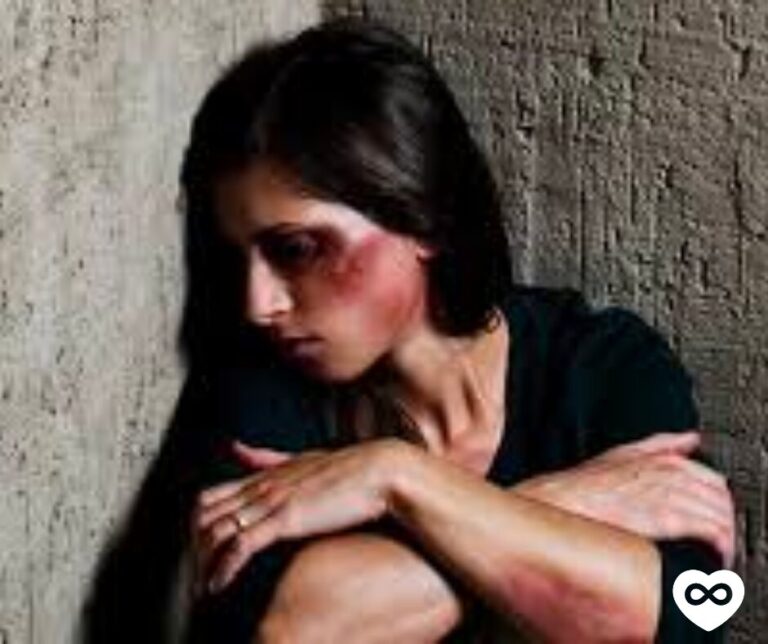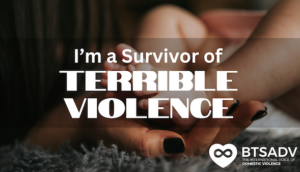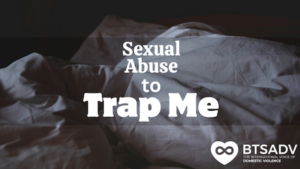By Mikayla Shave
Navigating Legal Issues as a Domestic Violence Survivor: Protection, Custody, and Resources
Survivors of domestic violence often face multiple legal challenges stemming from their abuser’s actions. Common hurdles include obtaining protection orders, filing for divorce, pursuing full custody, and seeking child support. These legal processes can be overwhelming, but taking the right steps early on can make all the difference.
Documenting Abuse Without Immediate Police Response
Before diving into the legal maze, documenting your experience is critical. Many victims, during the victim-blaming or hoovering stage of abuse, may hesitate to involve law enforcement. However, as highlighted by an anonymous 911 dispatcher from Oregon, it’s possible to report domestic violence without triggering an immediate police response.
By calling 911 or the non-emergency line, victims can request that the incident be documented in the Computer-Aided Dispatch (CAD) system without a police officer coming to their home, which can help keep their situation discreet. This step is invaluable as these calls become public record and are available for up to ten years, offering a solid foundation for legal proceedings later on.
For victims reading this, it’s essential to make these calls from a separate phone to prevent tipping off the abuser. Keep track of the address where the abuse was reported, as it will be necessary when collecting records later. This documentation is often pivotal in obtaining restraining orders, particularly in cases involving children.
Filing for Restraining Orders and Custody
The next legal step for many survivors is filing for a restraining order (RO). A crucial element in this process is whether the victim has previously contacted the police. If no police report exists, judges may hesitate to approve the RO, especially in cases involving children.
After the restraining order is in place, the court will move on to a custody hearing to determine how to allocate parenting responsibilities. This is where involving the Department of Human Services (DHS) can be a game-changer for survivors.
Leveraging DHS Resources to Build a Strong Case
Involving DHS early in the process can provide survivors with critical support, such as family counseling, medical assistance, and therapy. DHS documentation can strengthen the victim’s case, particularly when pursuing full custody or pressing charges for injuries sustained during abuse.
DHS operates outside of the legal system and is primarily focused on protecting victims and their children. Unlike the court system, DHS provides resources without penalizing the victim. Dispatch centers can help connect survivors with DHS, but victims can also directly contact their local DHS office to report abuse. It’s essential to allow DHS workers to view the home as-is—damaged walls, broken toys, and other signs of violence are valuable evidence that reinforces the survivor’s claims.
When DHS becomes involved, the social worker will often advocate on the victim’s behalf in court, ensuring that the survivor isn’t left to face the judge alone. Having a state worker explain the risks of returning children to the abusive parent can significantly bolster the case for full custody.
Small Steps Toward Legal Protection
Filing for divorce or a restraining order may seem overwhelming, but breaking it down into smaller, manageable steps can help. Begin by documenting the abuse through the non-emergency line or 911’s no-response reporting option, and then submit an online report to DHS to start organizing your support system.
The process of separating from an abuser is undoubtedly difficult, but by taking these steps, survivors can protect themselves and their children while gathering the resources needed to reclaim their lives.
Keywords: domestic violence, restraining order, child custody, divorce, protection order, DHS, domestic violence survivor, legal resources, child support, 911 no-response report, abuse documentation, custody battle
Hashtags: #BTSADV #BreakTheSilence #DomesticViolenceSurvivor #CustodyBattle #LegalResources #FullCustody #DHS #RestrainingOrder #ChildSupport #BreakTheCycle #SupportForSurvivors #btsadv #breakthesilenceagainstdomesticviolence
4o










